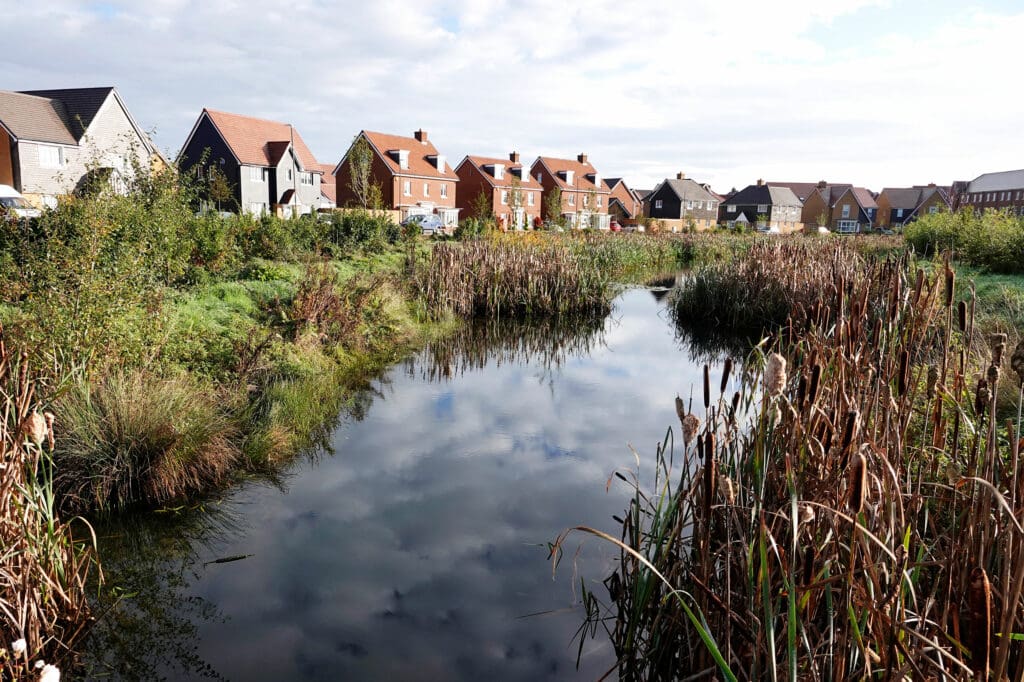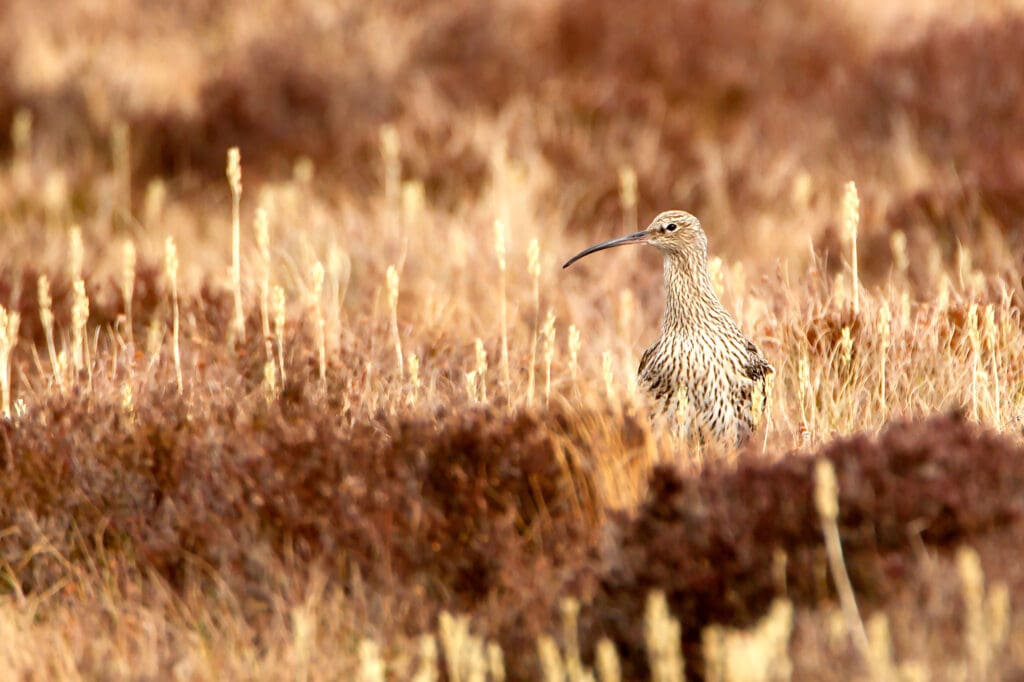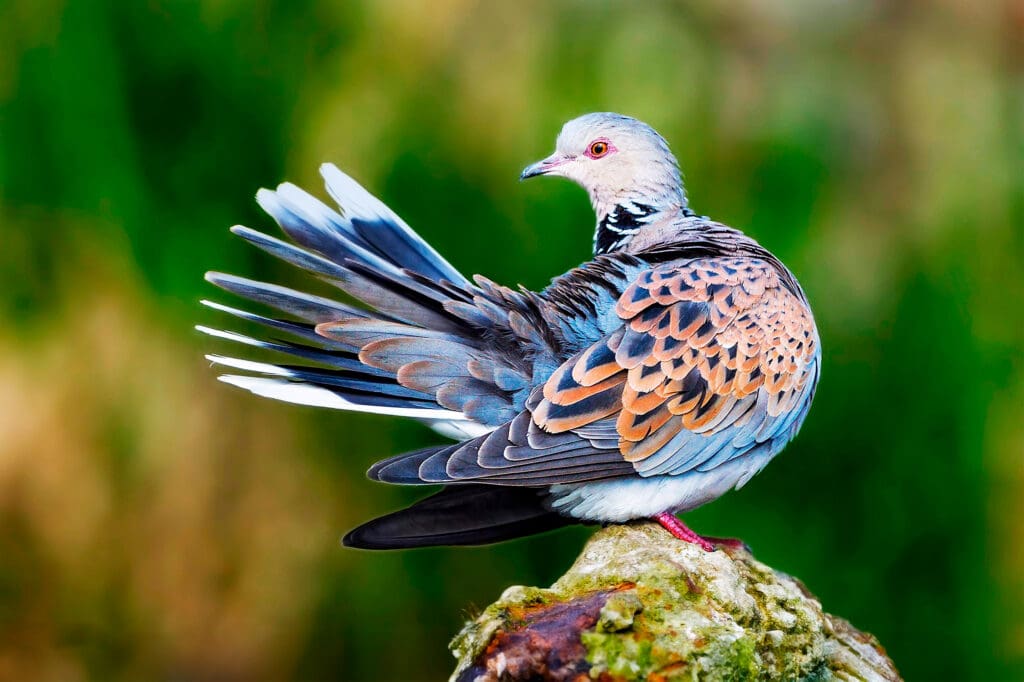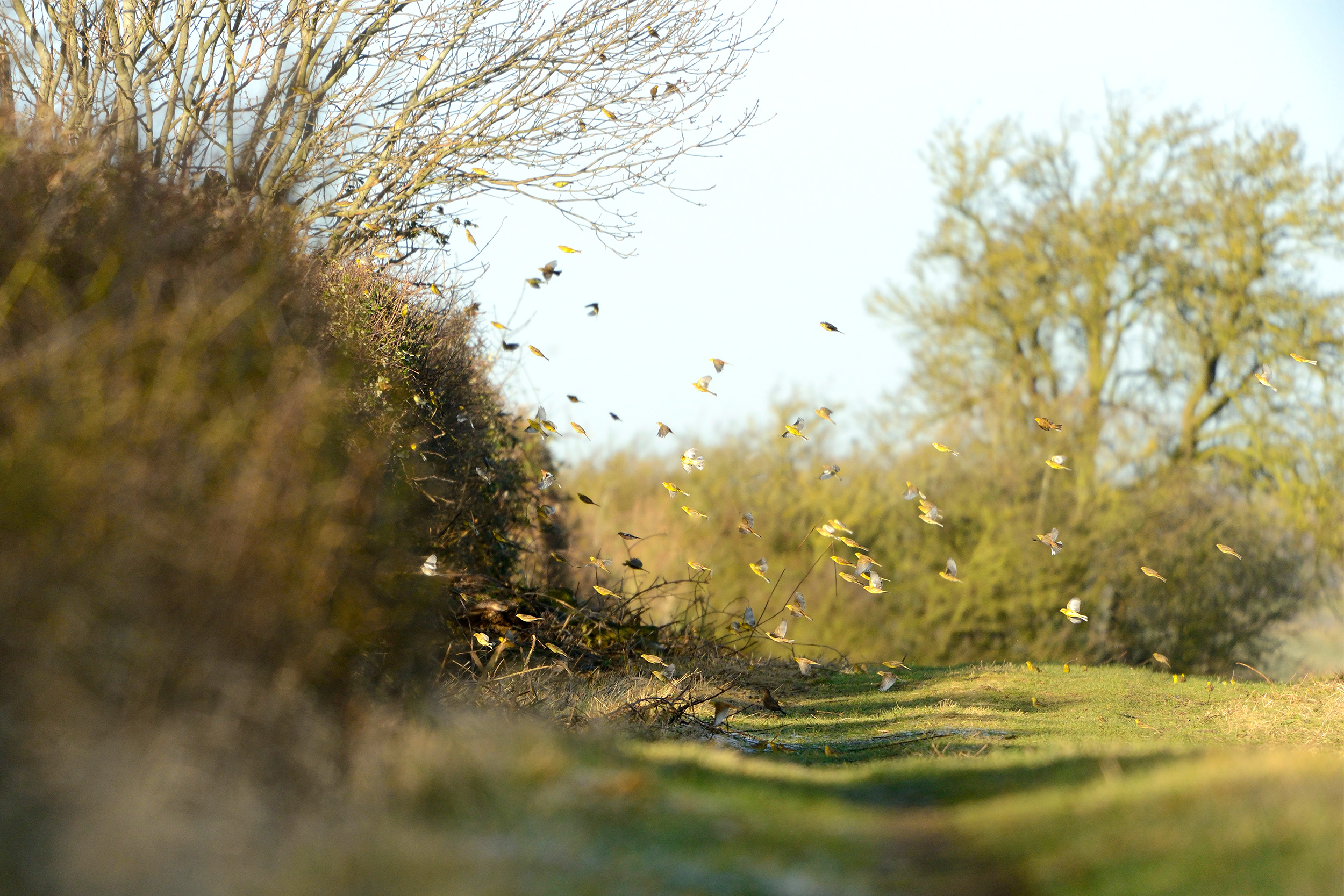Being a farmer is all I’ve ever wanted. From managing my toy Britain’s carpet farm a little too long into my teens, to applying to agricultural college, and bonding with my future husband over the same farming goals. Despite both working on farms at different points, we’ve yet to realise our dream. It’s challenging, hard work and complex.
I’ve always lived around the farmed landscape. I love it with a deep but desperate passion because there was always something missing. Something I couldn’t quite get a handle on – there were barely any women farming, and the wildlife that had evolved with our farming practices was vanishing. I could see it myself and am still watching it happen. We know how to stop and yet somehow, can’t.
Studying conservation wasn’t an option when I applied (but never made it) to ag college – I went to Canada to become a cowgirl instead. Conservation was a side option in game and wildlife management – but I was told, in 1989, there were no subsequent jobs for girls, and no course in farming and wildlife. More’s the pity, because the 2023 State of Nature report shows farmland birds have suffered (and continue to suffer) the biggest decline overall since 1970.
We demand so much of our farmers, but they are key to saving us, our precious wildlife, the soils, habitats and invertebrates that makes farming happen, too
But, as I said, farming is hard. It’s all-consuming and often a labour of love, land and family ties, all done under the duress of unexpected change: weather, policy, governments, disease, consumer and market demands.
‘Farmer bashing’ doesn’t get anybody anywhere; it’s horribly divisive and it’s often unjust and deeply unkind. Frustrated and grief-struck with loss and a perception of ‘easy fixes’, I have been guilty of this. Especially when faced with an entire farm’s worth of field margins, buzzing with insect and bird life, mown pointlessly at the heady height of early summer; I’ve seen it all. But I’ve also seen change for good: ‘farmer clusters’ supporting each other on landscape-scale conservation projects, sharing knowledge and passion and bringing incredible numbers of wild birds back; farmers opting to plant wild bird seed mixes, nectar strips, making ‘beetle banks’ and cutting hedges less often, and feeding birds from seed hoppers on a grand scale during the ‘hungry gap’.
This sort of change is exciting, it’s exhilarating. It’s doable. Earlier this year, a gap in hedgerow protection legislation from the government was met with (in one X poll from conservationist @FavColourGreen) around 90% of farmers saying that of course they wouldn’t begin cutting hedges in spring, just because they could, because of the birds.
We demand so much of our farmers, but they are key to saving us, our precious wildlife, the soils, habitats and invertebrates that makes farming happen, too. It should be a joint contract of will between us, with policy and support (both financial and public) to do what’s right. It can be done. Perhaps I gave up too soon on my quest to be a farmer. But we mustn’t give up on supporting farmers and wildlife.
Discover more about how the RSPB is working with farmers: nature-friendly farming. Plus, find out more about the Nature Friendly Farming Network, which anyone can join for free, either as a farmer member, a public supporter or a supporting organisation.
RSPB NI and dairy industry join forces to launch ‘A Guide to Nature Positive Dairy Farming’. Video: the RSPB
You might also like

The business of nature

Comment: Unleashing the power of partnership



